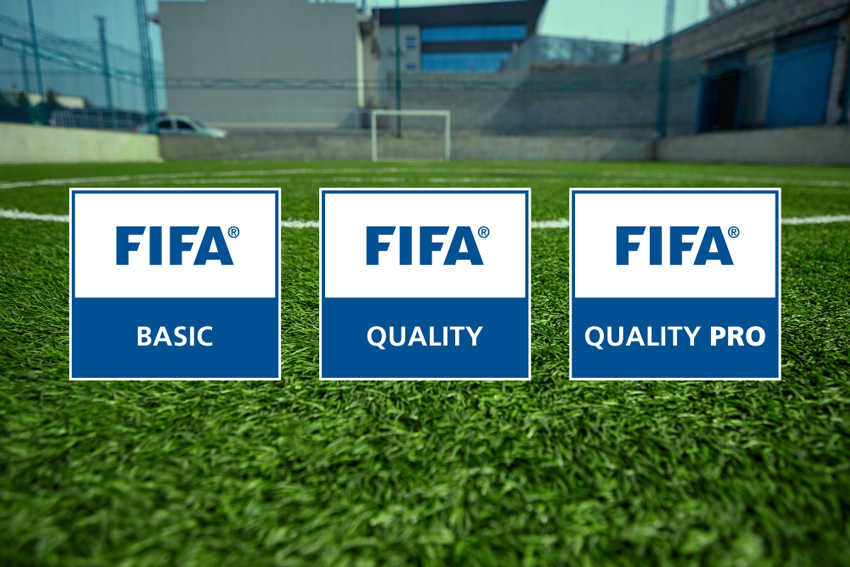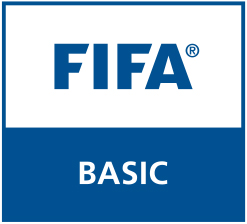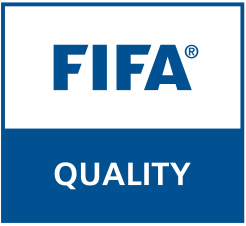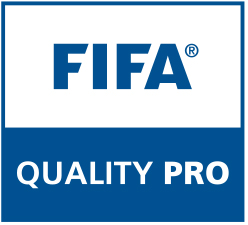Navigating the FIFA Quality Programme: A Comprehensive Guide to Gaining Licensing and Ensuring Football Excellence

Table of Contents
ToggleEntering the realm of FIFA’s Quality Programme for Footballs is a significant step for manufacturers seeking to uphold superior standards in football production. This guide offers a detailed roadmap for obtaining licensure, understanding quality levels, and embracing the multifaceted aspects of football excellence.
Understanding FIFA Quality Marks
The FIFA Quality Programme categorizes footballs into three tiers: FIFA Quality Pro, FIFA Quality, and FIFA Basic. Each mark represents varying degrees of performance, safety, and suitability across different levels of play, from professional matches to recreational use.
The Application Process Demystified
Gaining licensure under the FIFA Quality Programme involves a meticulous application process:
Step 1: Document Submission – Manufacturers must furnish essential documents including company profiles, WFSGI (World Federation of the Sporting Goods Industry) pledges demonstrating ethical labor practices, and product liability insurance details alongside specifications of the footballs to be tested.
Step 2: Rigorous Ball Testing – Submitted footballs undergo comprehensive testing conducted by accredited institutes to assess various parameters such as weight, bounce, water absorption, and shape retention. This can take up to six weeks. Upon successful testing, FIFA will send you a license agreement.
Step 3: License Agreement Signing – Upon successful testing, manufacturers sign a license agreement with FIFA, committing to uphold quality standards and social responsibility principles. This process can take four weeks.
Step 4: Fee Settlement – Manufacturers settle minimum guarantees and testing fees as per FIFA’s invoicing, ensuring compliance with financial obligations.
Step 5: Approval and Marking – Approved footballs bear the esteemed FIFA quality marks, signifying adherence to stringent standards and authorization for production.
Submit a sample ball with the printed FIFA quality mark and authorization number for approval. Once approved, FIFA will update their database, allowing you to begin production.
The application form provides a comprehensive overview of the process, fees, and additional information. There are two agreement options: commercial (granting access to all three quality marks) and non-commercial (allowing use of the FIFA Basic mark only).
Understanding FIFA Quality Marks: A Hierarchy of Excellence
The FIFA Quality Programme offers three distinct quality marks, each catering to different playing levels:
 FIFA Basic
FIFA Basic
Entry-level certification ensuring basic performance, safety, and affordability, catering to grassroots and budget-conscious players.
 FIFA Quality
FIFA Quality
Mid-tier certification emphasizing enhanced durability and safety, suitable for regular use and competitive matches across various levels.
 FIFA Quality Pro
FIFA Quality Pro
Top-tier certification guaranteeing elite performance, accuracy, and safety, reserved for professional leagues and premier competitions worldwide and for the FIFA World Cup.
Choosing the right mark depends on your target audience. For professional players, FIFA Quality Pro is paramount. For recreational use, FIFA Basic offers affordability with guaranteed quality.
Navigating the Transition
In light of recent updates, transitioning to the new FIFA Basic standard mandates adherence to evolving protocols:
Gradual Implementation
Manufacturers navigate a phased transition, with FIFA Basic gradually replacing existing standards to ensure seamless integration by June 2021 and beyond.
Choosing the Right Mark
Selecting the appropriate FIFA quality mark hinges on understanding individual requirements:
Casual and Recreational Play
FIFA Basic offers cost-effective solutions without compromising on essential performance metrics, ideal for casual players and recreational use.
Regular and Competitive Play
FIFA Quality strikes a balance between durability and performance, catering to regular players and competitive matches seeking reliability and consistency.
Professional and Premier Play
FIFA Quality Pro epitomizes the pinnacle of football excellence, tailored for professional players and elite competitions demanding unparalleled performance and safety standards.
Social Responsibility in Football Manufacturing
Social responsibility is a core focus for FIFA, as they aim to leverage the sport for positive societal impact.
WFSGI Pledge
FIFA collaborates closely with the World Federation of the Sporting Goods Industry (WFSGI). To join the FIFA Quality Programme for Footballs, manufacturers must provide the WFSGI Pledge, ensuring compliance with globally recognized labor principles and the absence of child labor, as outlined in the WFSGI Code of Conduct. Licensees are required to engage auditing companies accredited by the Association of Professional Social Compliance Auditors (APSCA) for compliance verification.
Donation of License Fees
“Football for Hope Movement”: License fees contribute to social projects under the Football for Hope movement. Purchasing footballs with the “FIFA Quality” or “FIFA Quality Pro” mark supports FIFA’s initiatives for social development through football. Buyers also ensure adherence to internationally recognized manufacturing standards.
Utilization of Tested Balls for Social Good
FIFA annually tests hundreds of footballs under the FIFA Quality Programme. Rather than storing these tested balls, FIFA distributes them to projects benefiting communities. Examples include initiatives in Zimbabwe and Switzerland, showcasing the tangible impact of repurposing tested footballs for positive social outcomes.

Continuous Research and Development
FIFA continually raises the standards for FIFA-certified balls. Even minor flaws can affect a ball’s flight and roll. The FIFA Quality Programme undergoes regular reviews and updates to enhance the quality of certified footballs. Ongoing research projects focus on optimizing ball performance, ensuring they meet evolving standards and player expectations.
By prioritizing social responsibility and innovation in football manufacturing, FIFA aims to promote ethical practices, support community development, and enhance the quality of football worldwide.
FIFA Standards: Elevating Soccer Ball Quality
Becoming a FIFA Quality Programme licensee is a journey of commitment to quality, innovation, and social responsibility. By navigating the application process and embracing various quality levels, manufacturers play a vital role in raising the global standards of football, crafting each ball with precision and care.
ASI Soccer: Committed to FIFA Standards Since 2006
ASI Soccer, a sports ball manufacturing company from Sialkot, Pakistan, has been producing top-quality soccer balls since 2006. By adhering to FIFA standards in its manufacturing process, ASI Soccer ensures that each ball meets the highest levels of performance, durability, and quality, contributing to the global game’s excellence.
Important Links
FIFA Quality Programme for Footballs
How to Become a Football Licensee
FIFA Quality Programme Resource Hub
- Facebook
- Twitter
- Linkedin
- Whatsapp

 FIFA Basic
FIFA Basic FIFA Quality
FIFA Quality FIFA Quality Pro
FIFA Quality Pro



